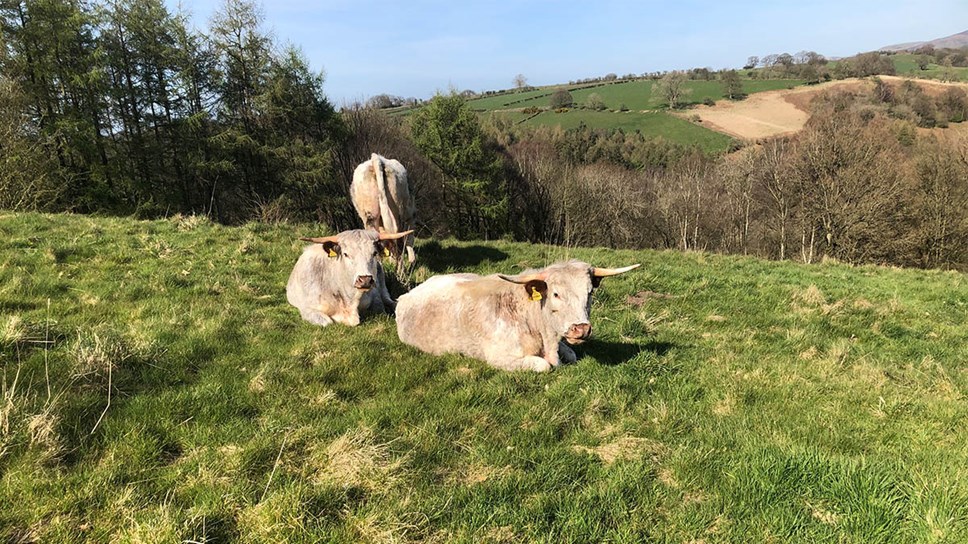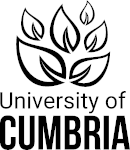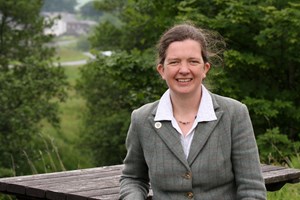
Farming for the future: University, funders and experts create skill-building short courses for sector
For the first time, farmers, land managers and advisors can study part-time, higher education short courses to help them respond to changes in upland farming and environmental land management.
In a unique partnership between the University of Cumbria and the farming and land management sector, six accredited modules will begin running from September 2023.
The first three cover Mapping Environmental Assets, Farm Business Opportunities and Upland Farming for Net Zero. They will be followed by Collaborative Practice in the Uplands, Trees on Farms and Fells, and Improving Efficiency and Productivity
Julia Aglionby, Professor of Practice at the University’s Centre for National Parks & Protected Areas (CNPPA), (pictured) explains why they are so unique and needed now:
She said: “We’ve developed the modules, in conjunction with the farming and conservation sectors, at a critical time for upland land managers and farmers. It’s about skilling up to best respond to rapid changes in farming policy, funding and upland environmental land management and comes when food and energy security, and climate change, are in clear focus for society and communities around the world.
“The modules cover a breadth of key topics. Two are a result of development with Land App and the Farm Carbon Toolkit, and based on their user-friendly technology to make mapping and carbon auditing easier.”
As part of its Towards 2030 strategy, the University of Cumbria works with employers and partners in existing and emerging areas to develop provision that helps to address regional and sector higher-level skills needs.
The new suite of modules will be delivered by the university’s Institute of Science and Environment, led by tutors with current experience in the sector. They can be studied individually, or as a set, and are aimed at people working in, or seeking to work in, upland farming, land management or advisory services.
Different to a standard university course, each module involves 24 hours of tuition across eight weeks, using a combination of workshops, online evening lectures and farm visits. There is additional independent study, to help people to put their learning into practice, leading to accreditation [1].”
Course development has been supported by organisations including Ernest Cook Trust; The Farmer Network; RSPB, National Trust; Cumbria Local Enterprise Partnership and the Food, Farming and Countryside Commission, along with Skills Hub Cumbria and the Department for Education’s Strategic Development Fund.
It means the courses are offered at a reduced cost of £500, with some free, sponsored, places available too.
The Foundation for Common Land’s Our Upland Commons project is proud to be sponsoring 12 free places on the first unique course.
Over eight weeks, and through part-time study, group and site visits, participants on the Farm Business Opportunities module can develop skills in financial planning, environmentally sustainable farming and farm diversification.
The sponsored places have been made possible thanks to £3million from the National Lottery Heritage Fund for a project to secure the future of upland commons. Led by the Foundation for Common Land, ‘Our Common Cause: Our Upland Commons’, is supported by 25 organisations and involves 12 English commons. Grants have also come from Esmée Fairbairn, Garfield Weston Foundations.
Find out more about the short courses at https://www.cumbria.ac.uk/study/courses/cpd-and-short-courses/iose/
For details about the Our Upland Commons’ funded places, visit: https://foundationforcommonland.org.uk/news/free-course-places-for-commoners
ENDS
Notes to editors
NOTES TO EDITORS
[1] Each module is accredited at Level 4 (equivalent to the first year of a degree course). Learners completing all six modules will gain a University Certificate.
[2] Julia Aglionby is available for interview. Please contact the university communications team at news@cumbria.ac.uk or 01228 279360, or call Julia directly on 07702 100 111.
[3] The Our Upland Commons Project aims include:
* Encouraging more diverse communities to enjoy nature and connect with the commons closest to them.
* Helping everyone to understand the multiple benefits that come from commons and the importance of the commoning system.
* Sharing skills that will enable and empower commoners to increase carbon storage, protect historic sites, enhance wildlife and habitats, and maintain the ancient practice of commoning.
* Equipping participating organisations so they can better secure this heritage over the long-term.
About commons:
At the heart of England’s most loved and visited places are commons. First enshrined in law in the Magna Carta in 1215, common land traditionally sustained the poorest people in rural communities by providing them with a source of wood, bracken for bedding and pasture for livestock. Once nearly half of Britain was common land. Today it accounts for 3% of England. A £3 million project, ‘Our Common Cause: Our Upland Commons’ is working hard to secure their future. The focus is on 12 commons: Dartmoor (Harford & Ugborough, Holne, Walkhampton); Lake District (Bampton, Derwent, Kinniside); The Shropshire Hills (Longmynd, Stiperstones, Clee Liberty); Yorkshire Dales (Brant Fell, Grassington Moor, Ingleborough).

